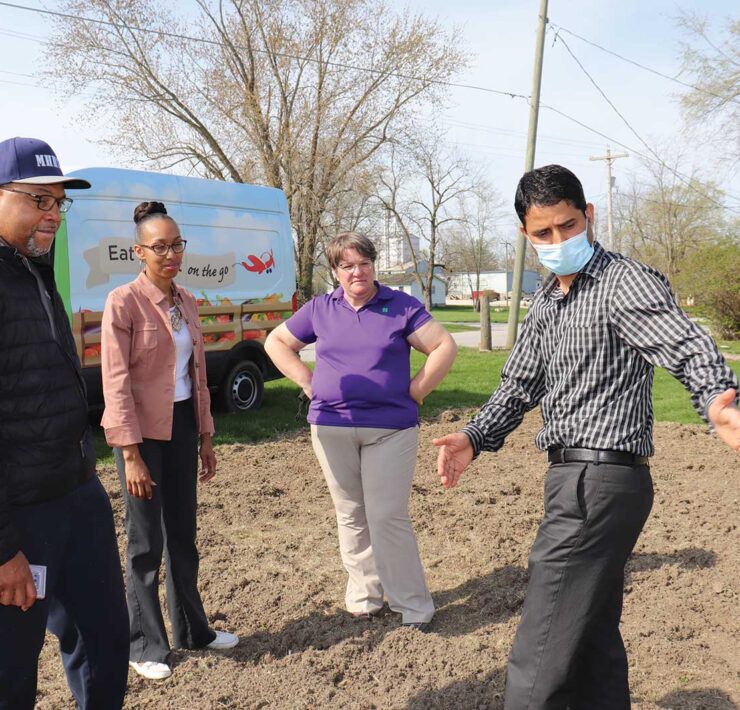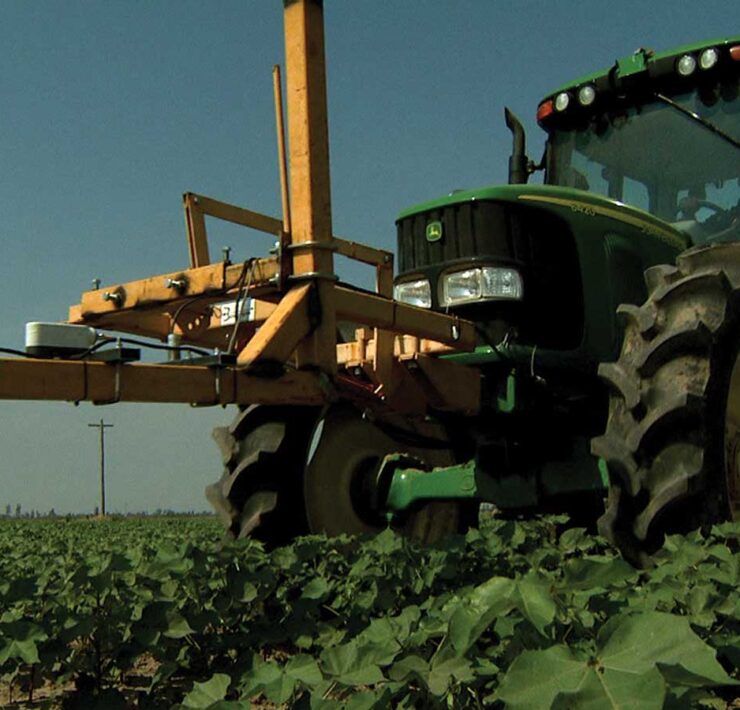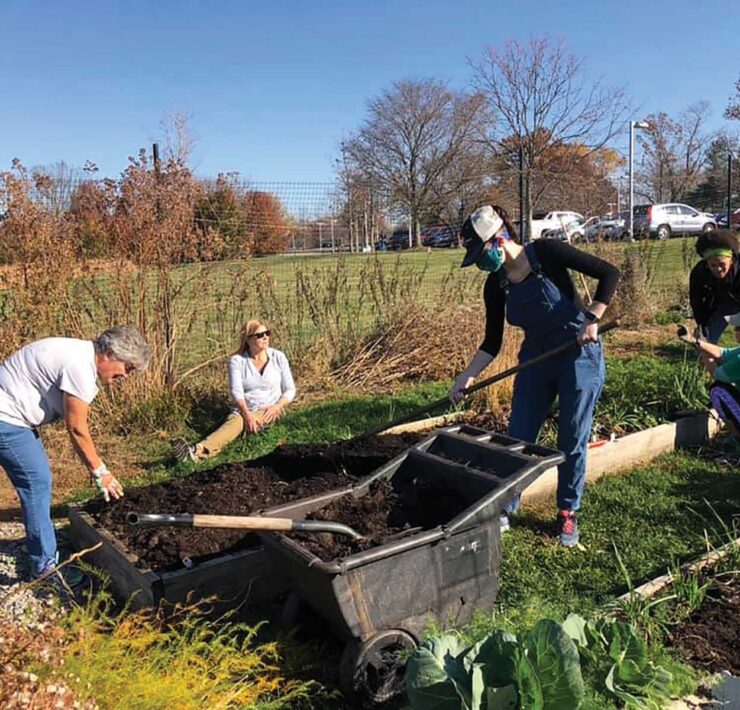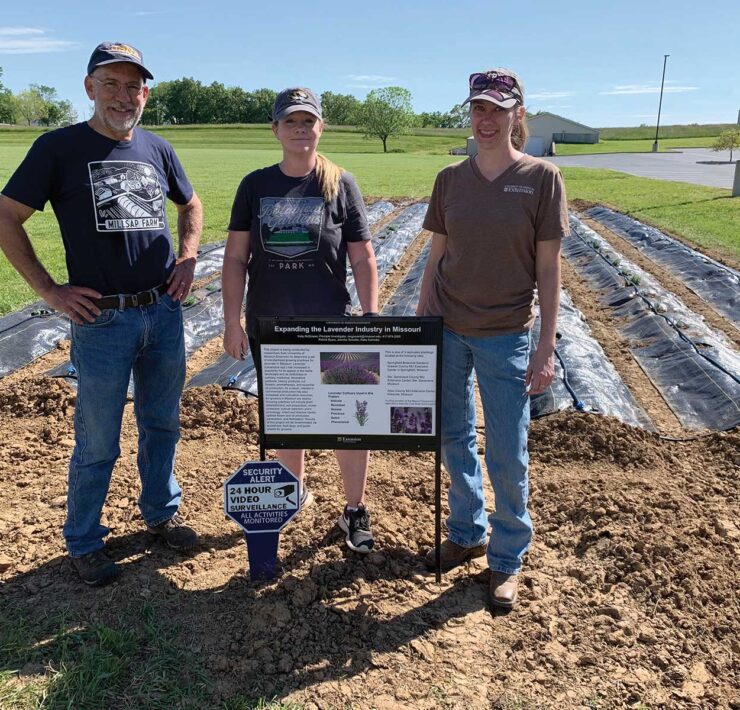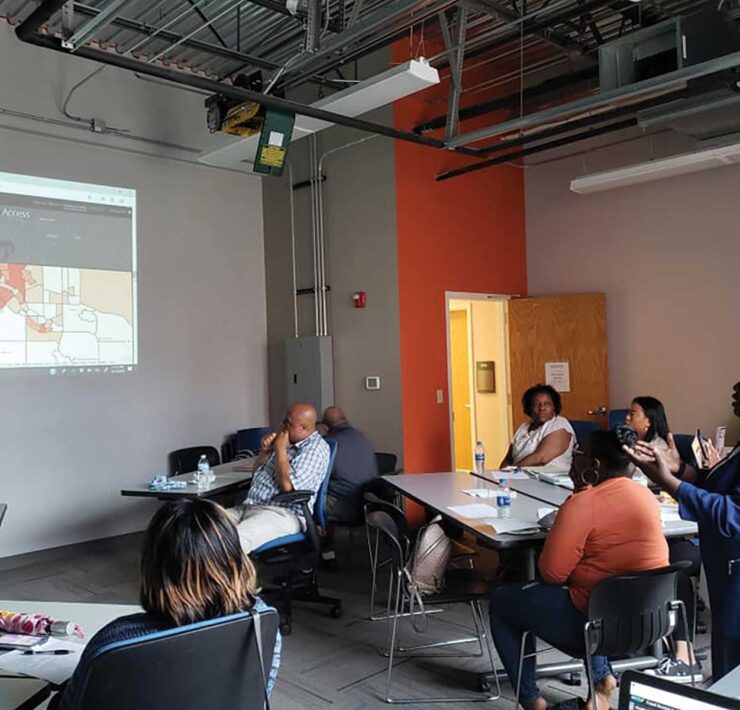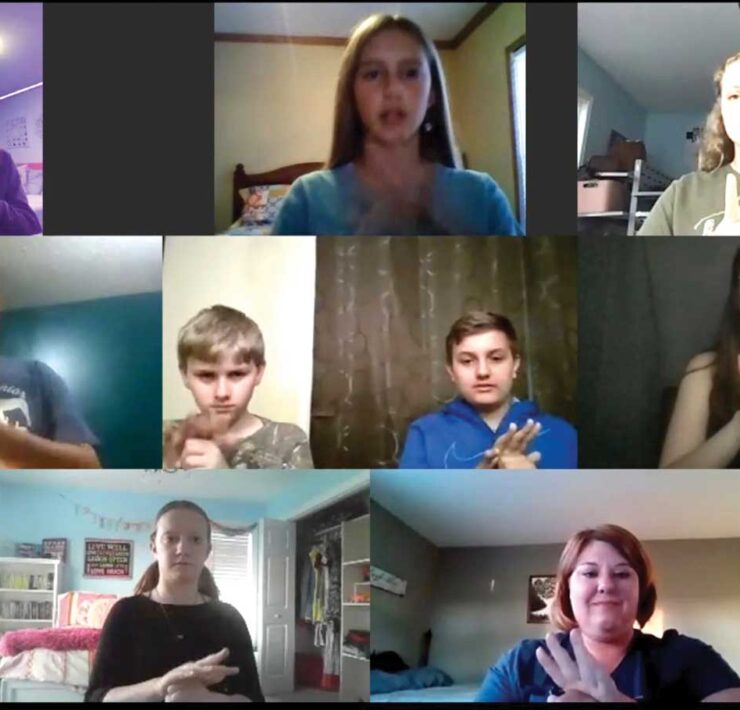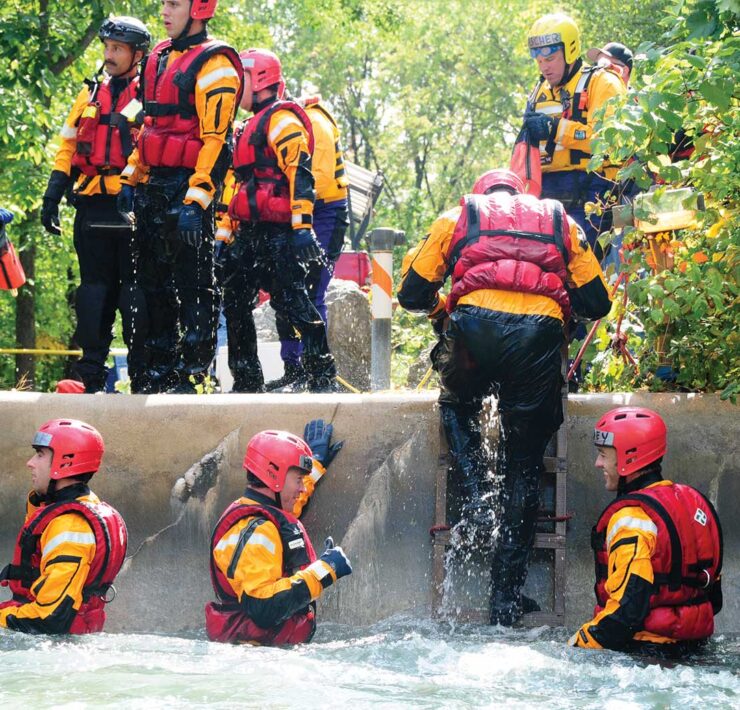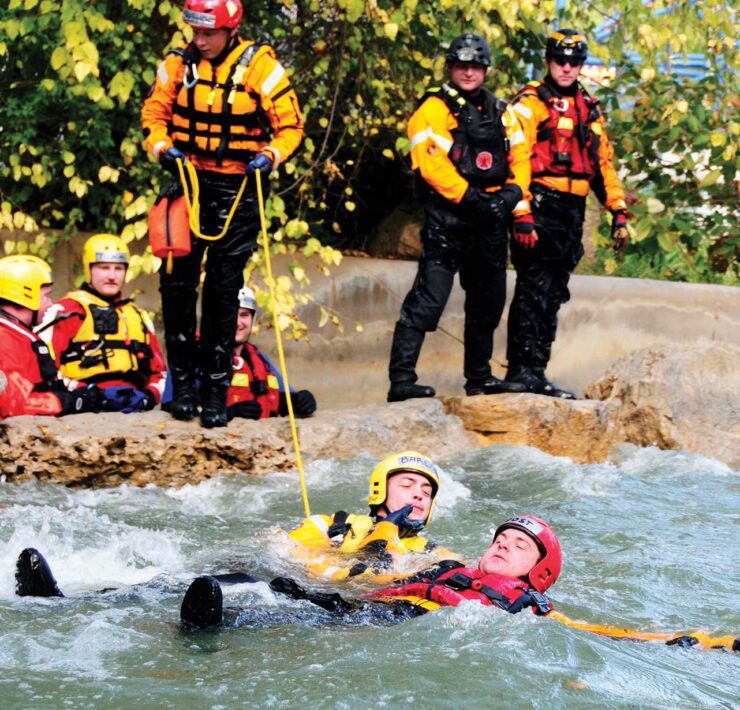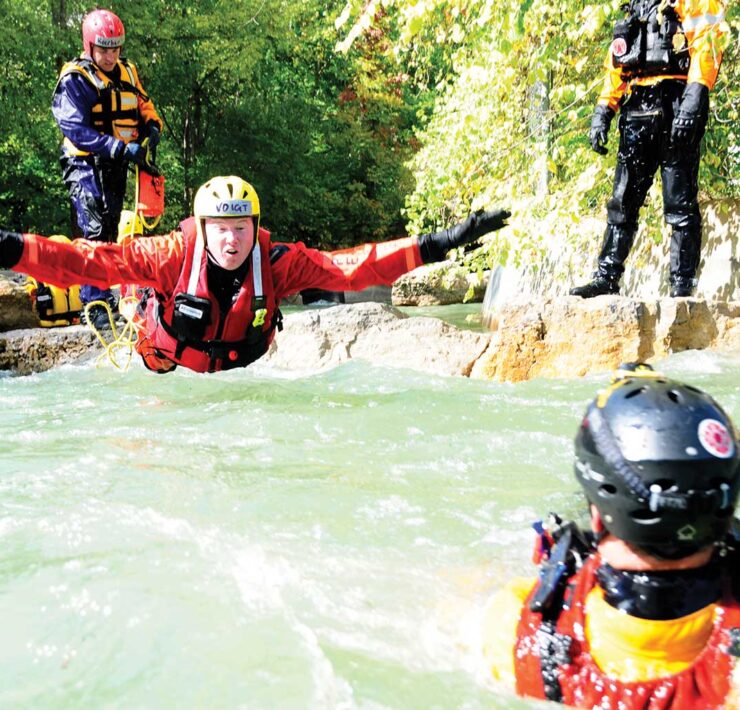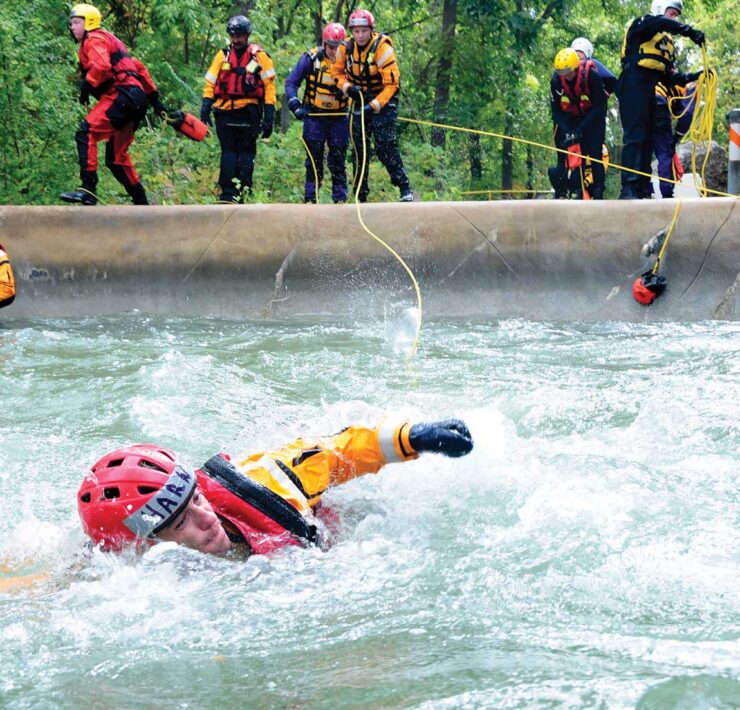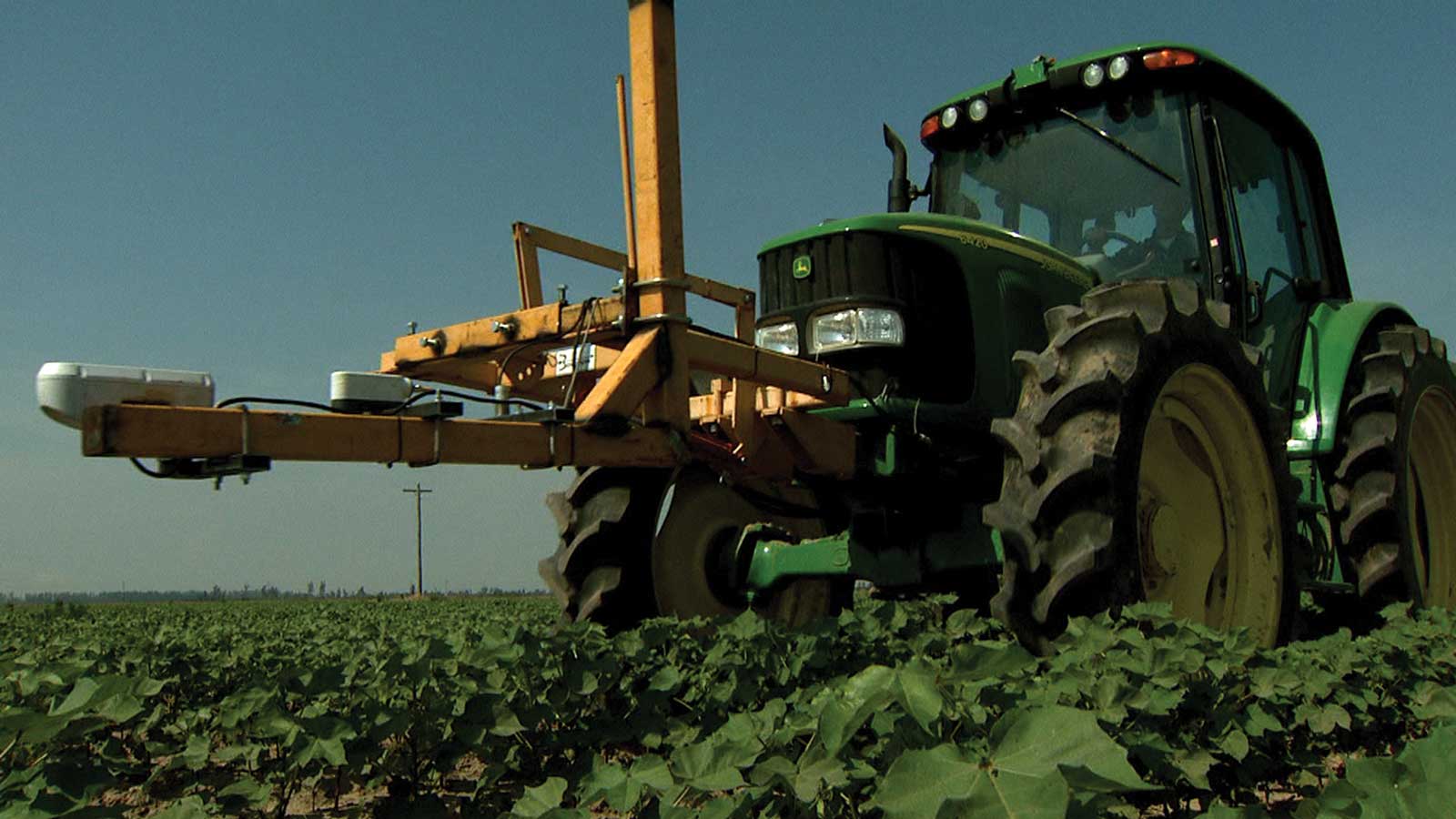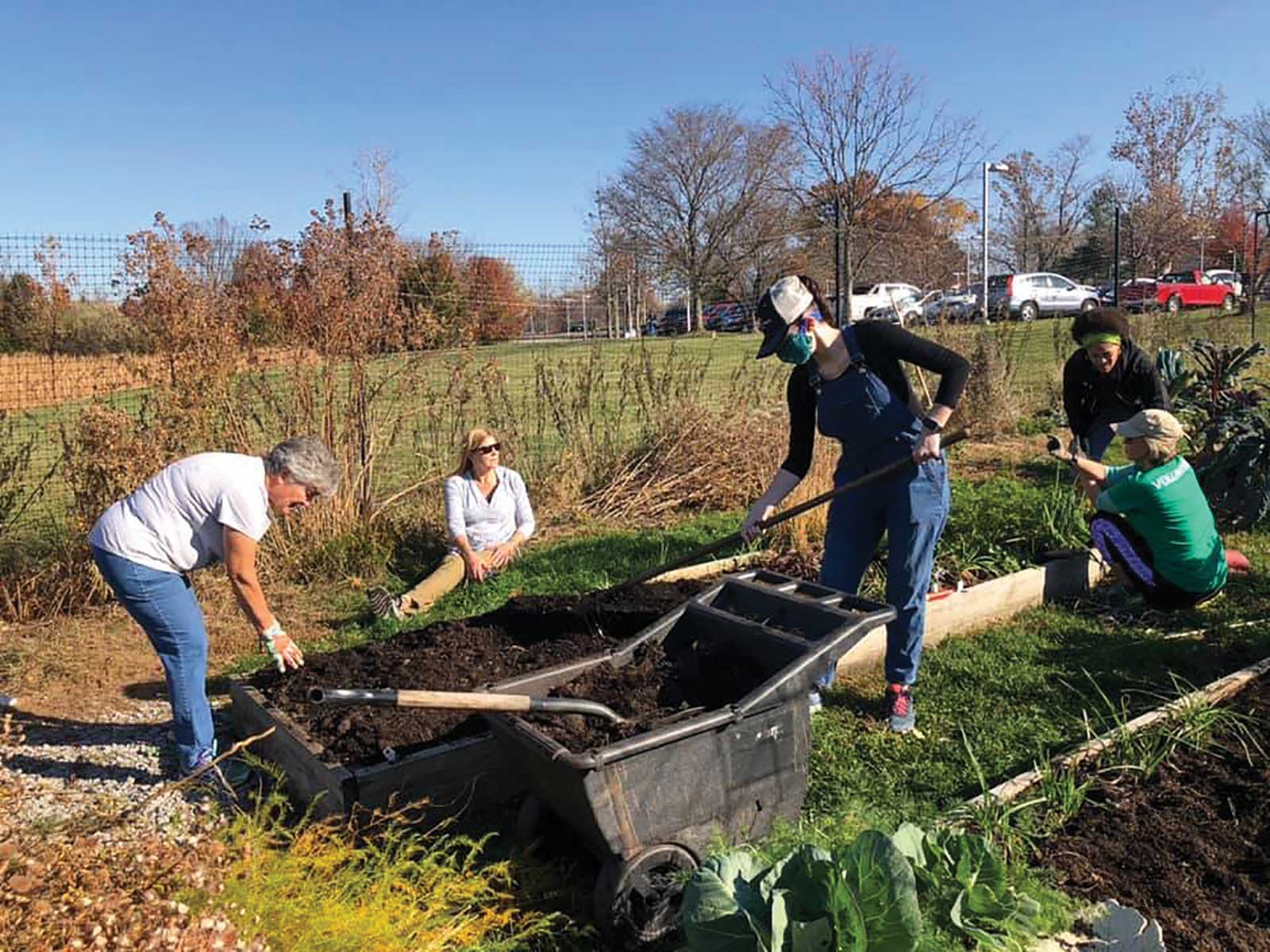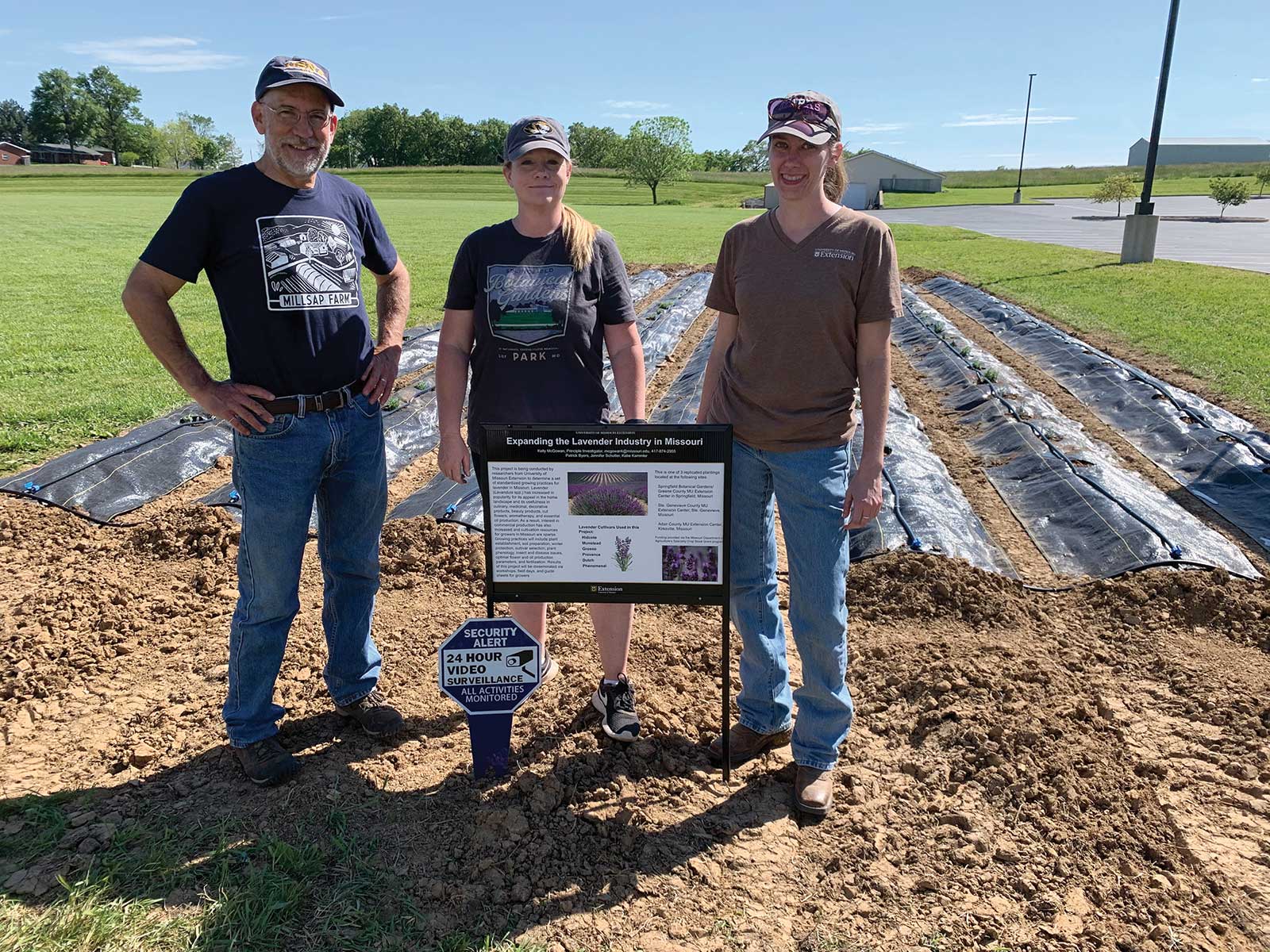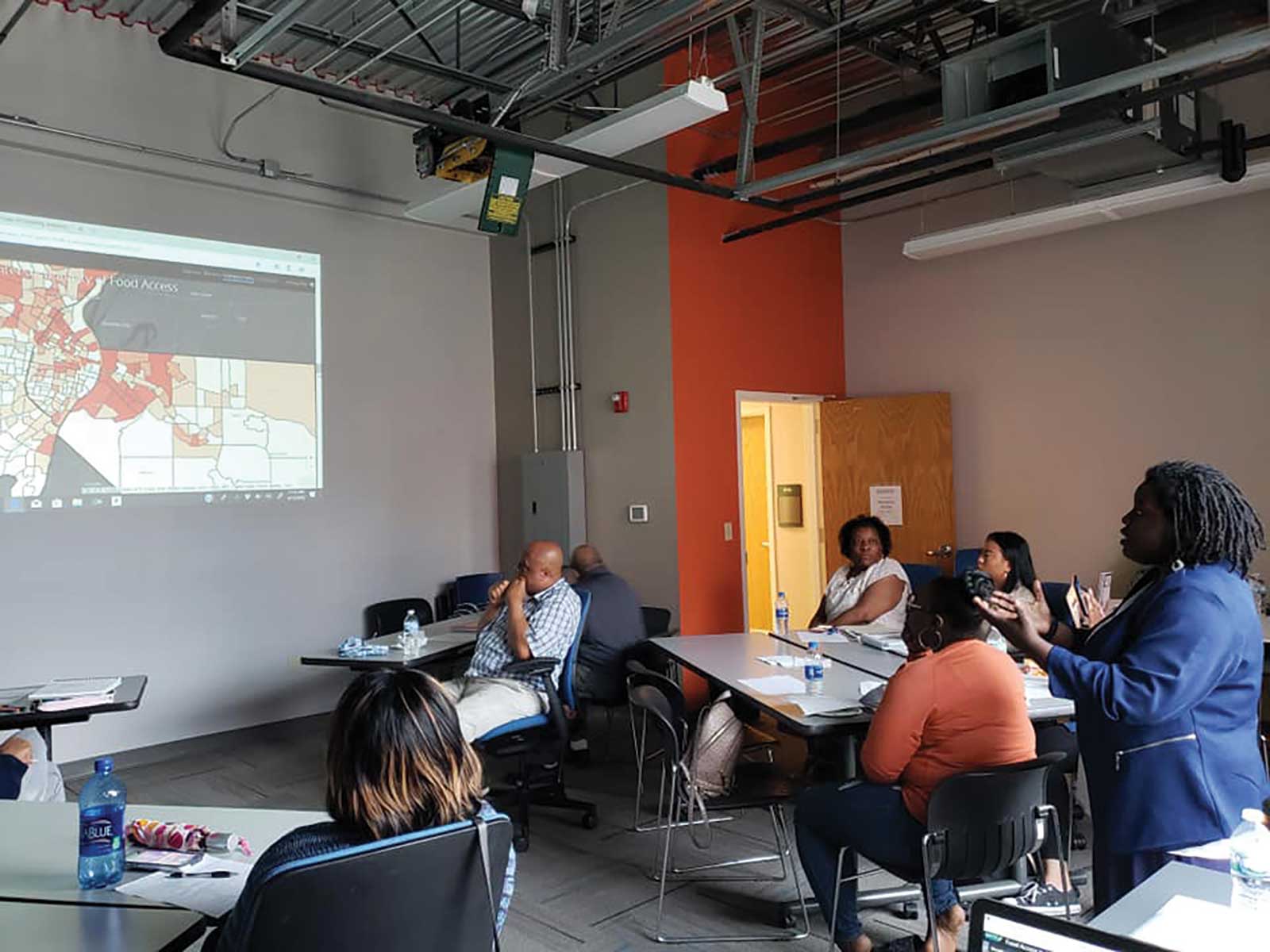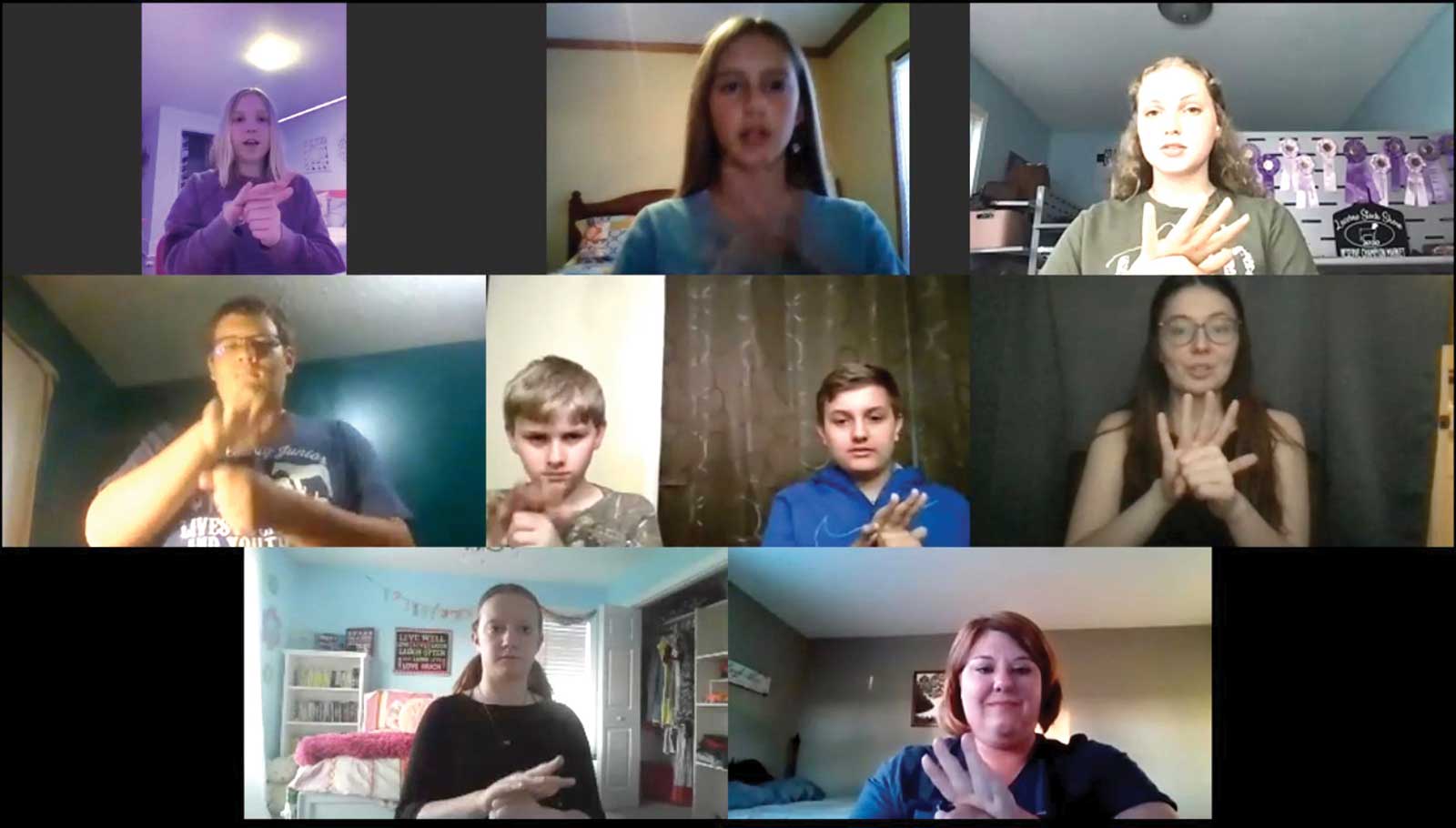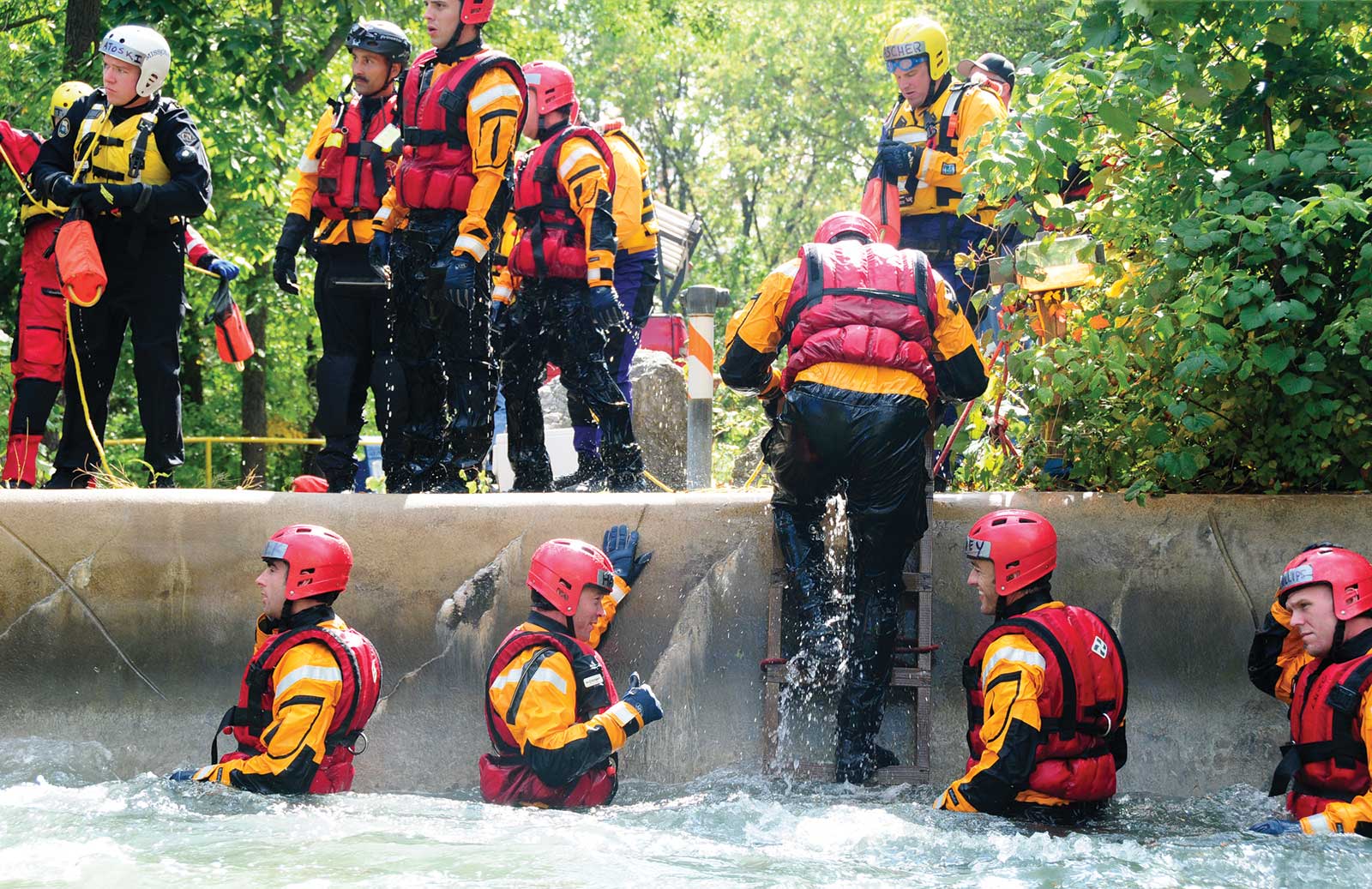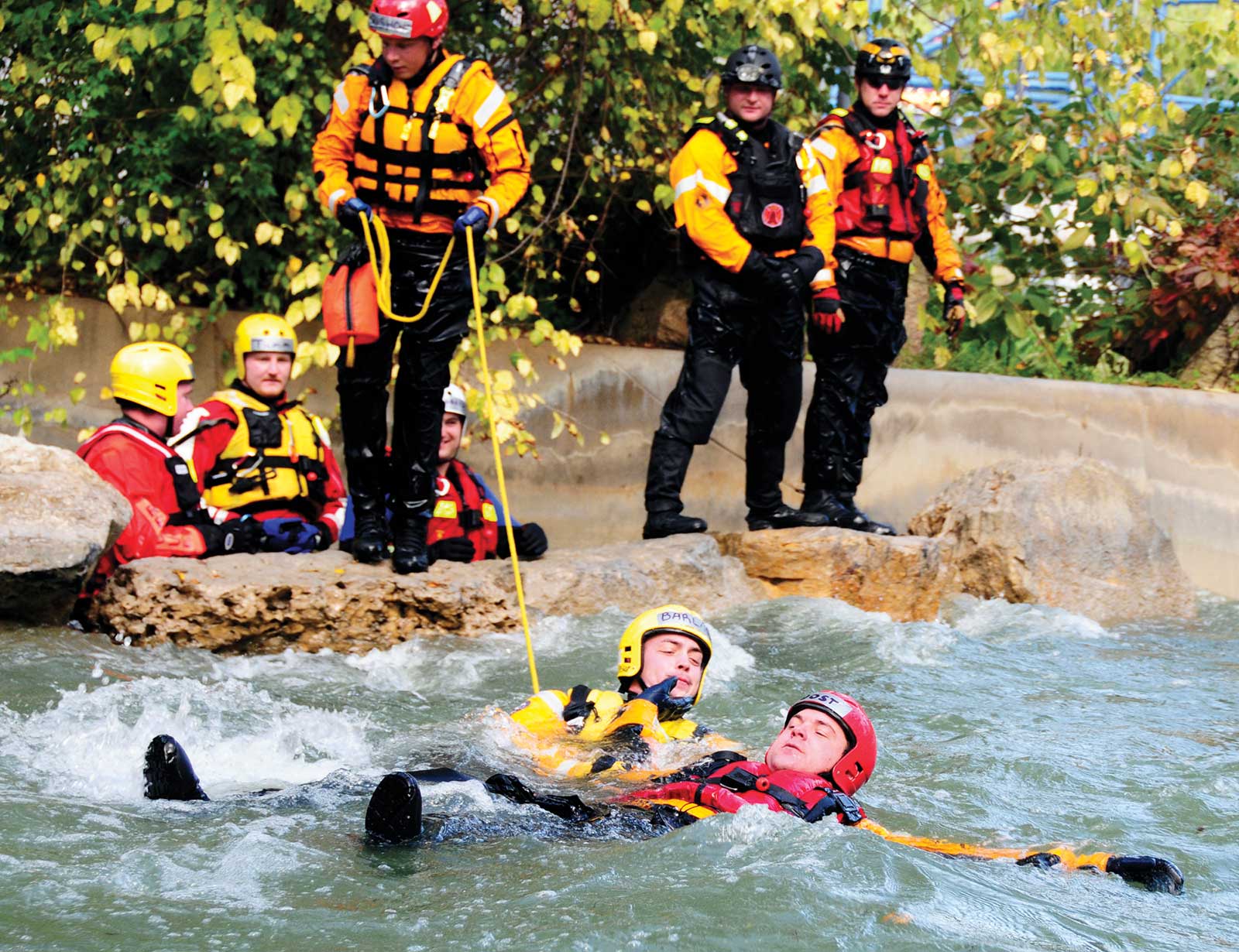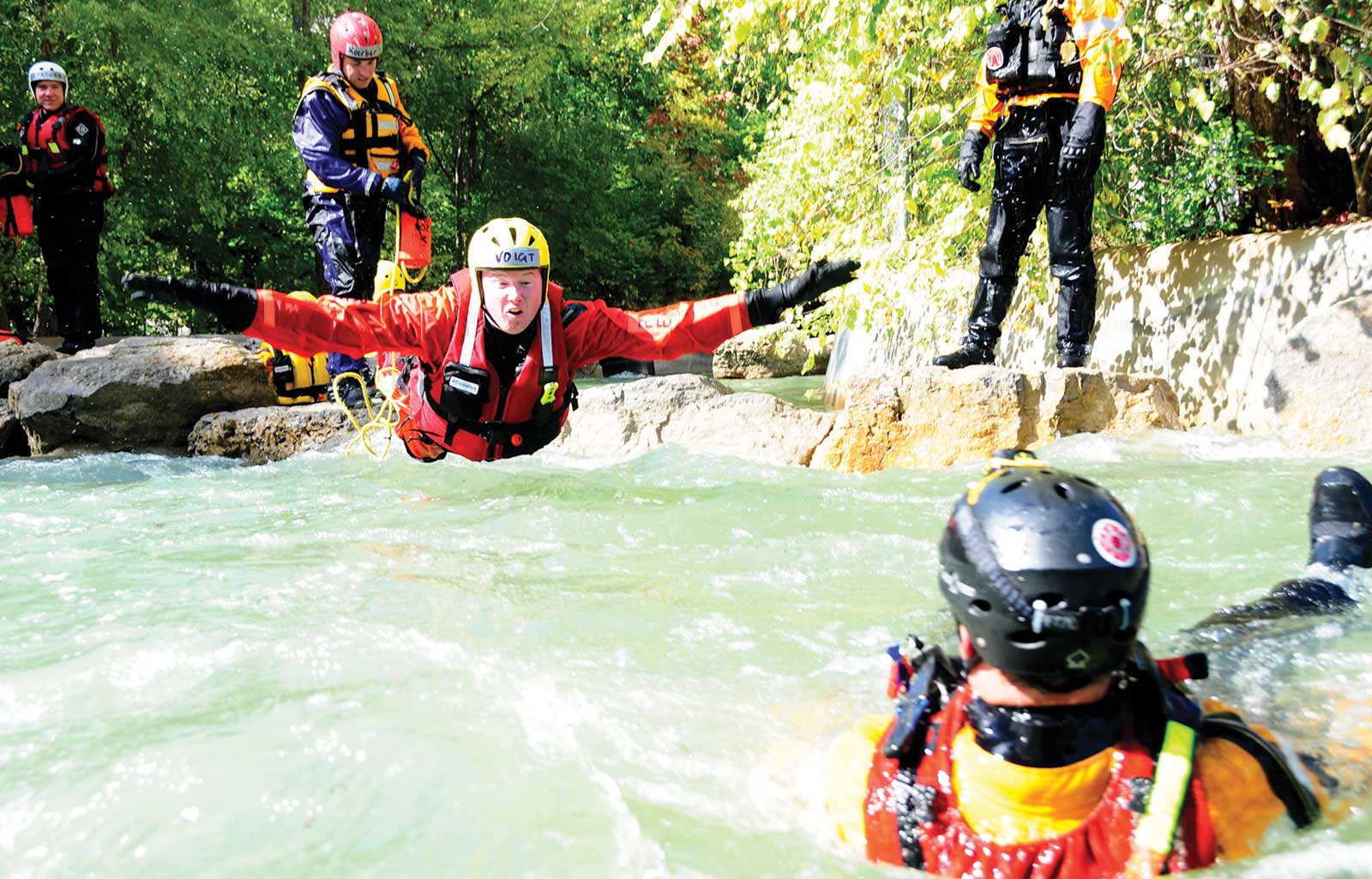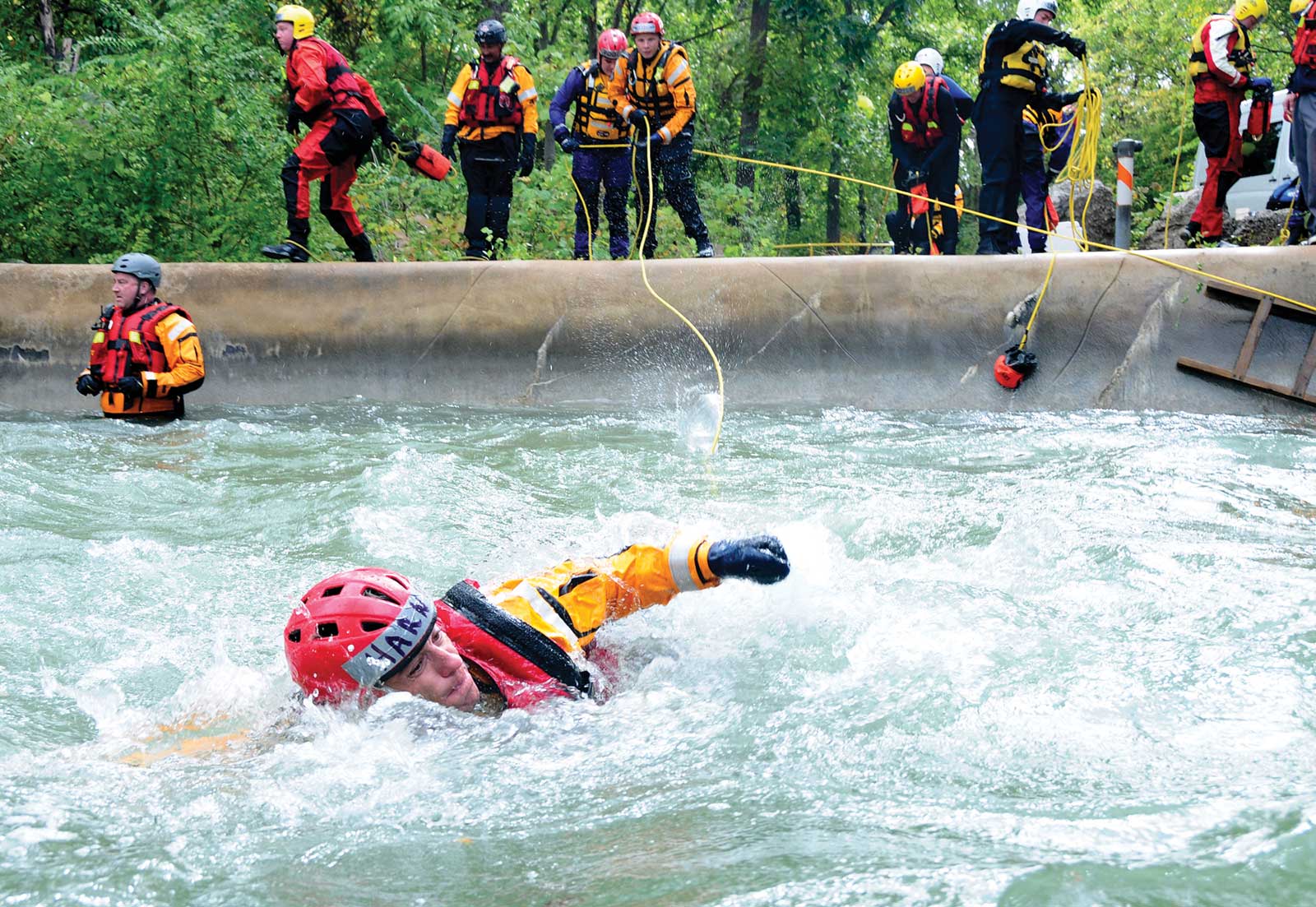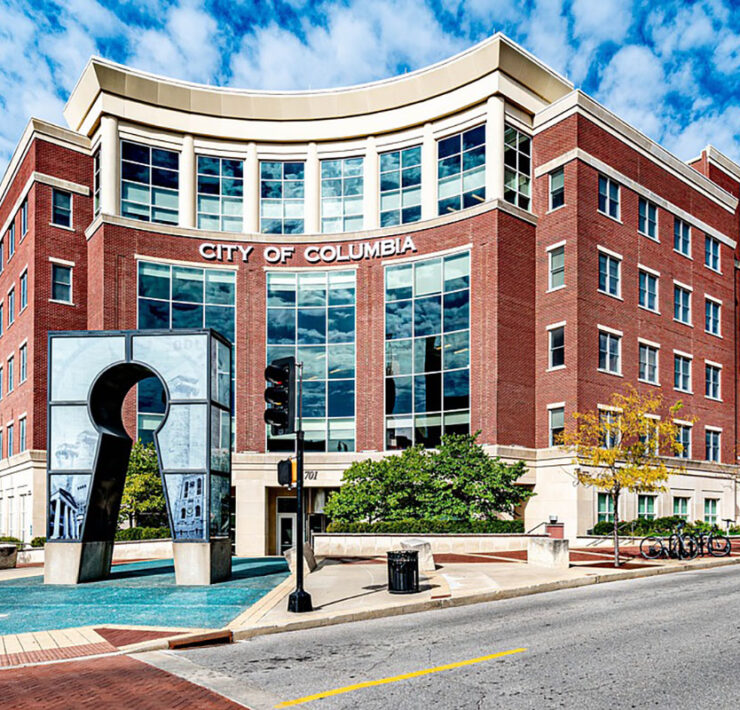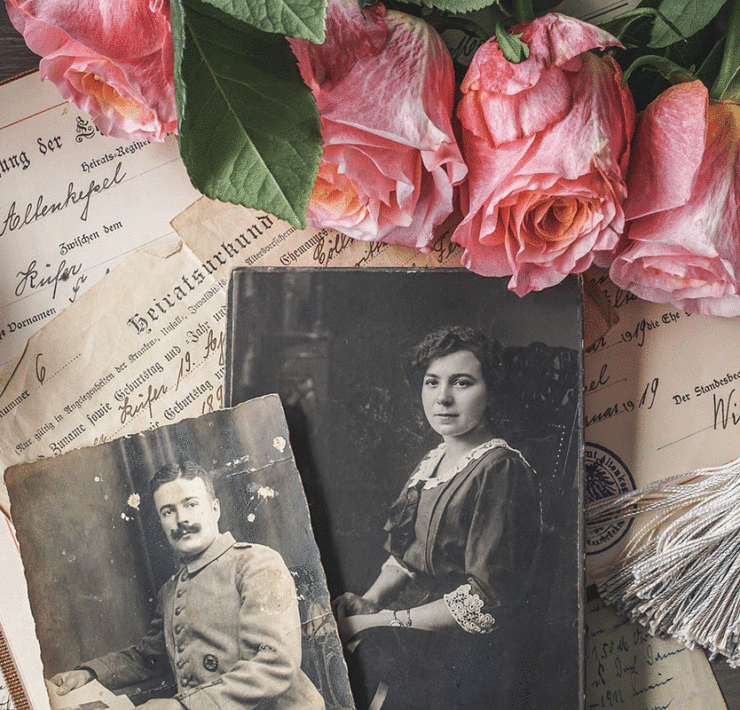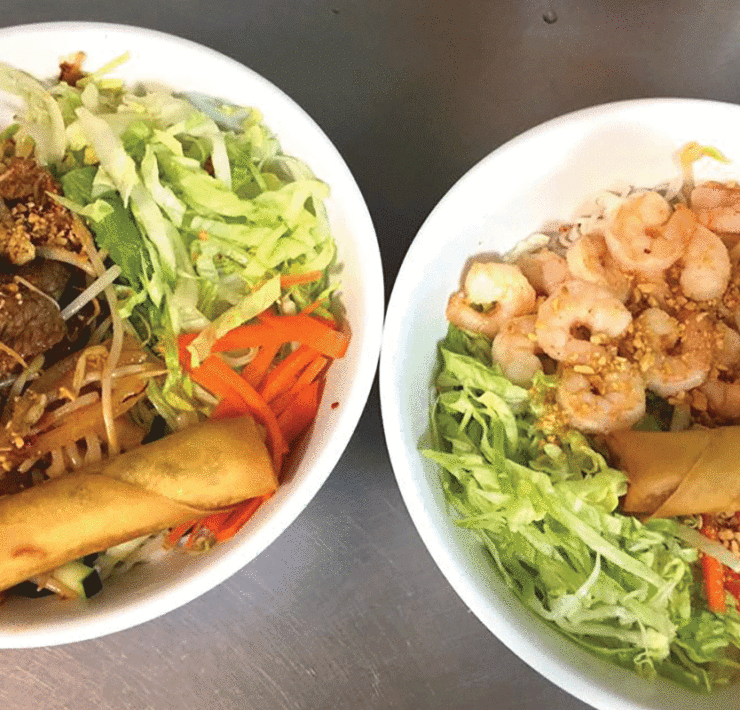For All to Know
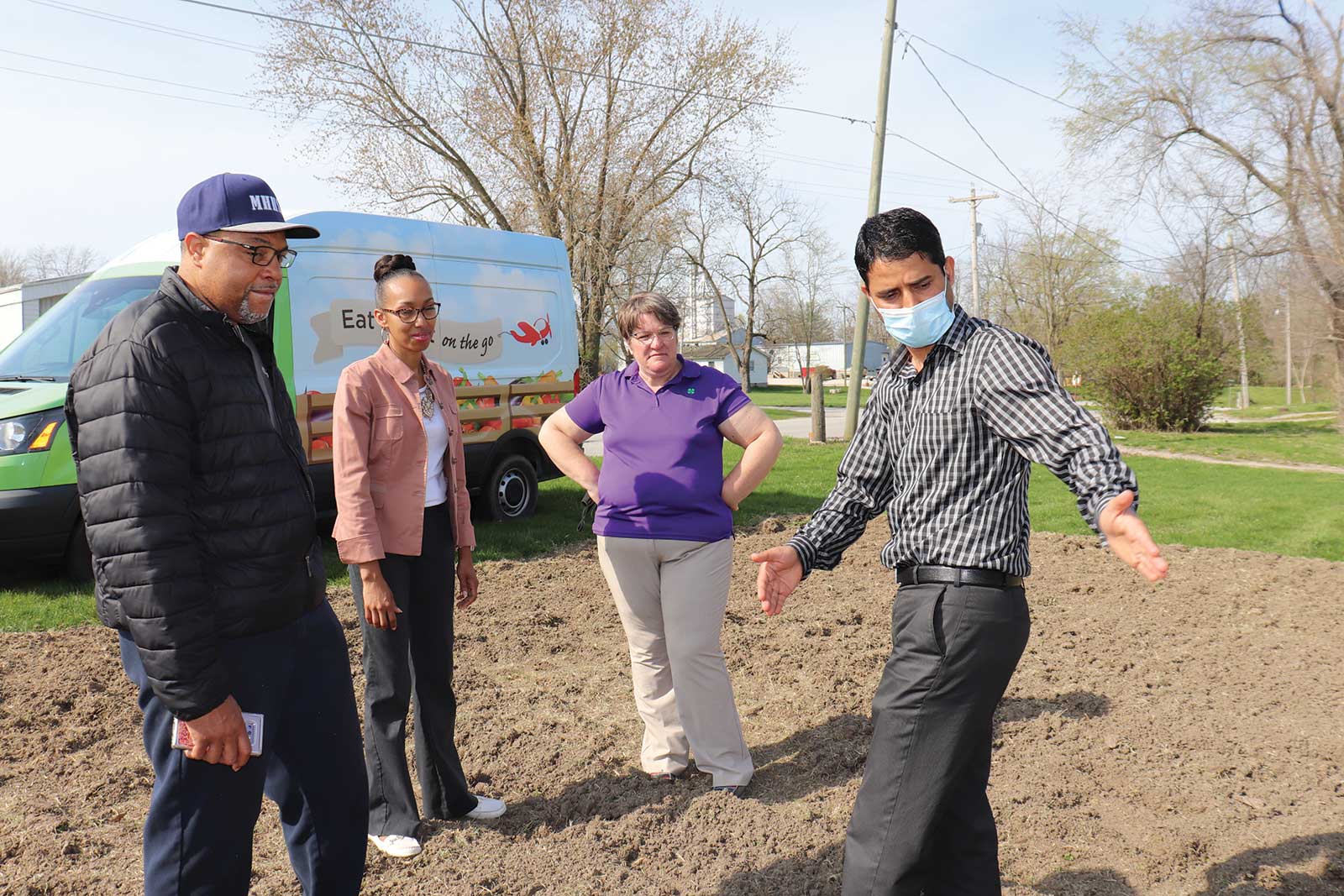
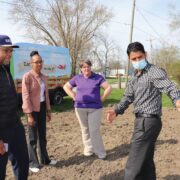
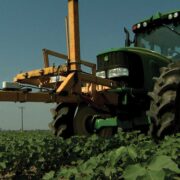
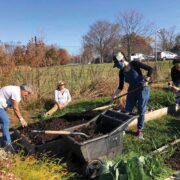
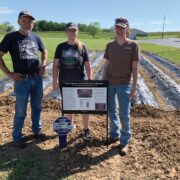 +6
+6 For All to Know
For All to Know
For All to Know
The MU Extension program provides an accessible education resource for all Missourians.
A college education promises abundant knowledge and experience, but for many, a degree is not accessible or affordable. Even the process of applying and obtaining financial aid takes a certain level of time and support that some simply don’t have access to. How can one learn the tools of a trade if they don’t have the privilege of being in a degree program?
That’s where the MU Extension program comes in. Set in motion when MU was established as a land-grant university in 1862 and following provisions outlined by the Smith-Lever Act of 1914, the MU Extension program’s mission is to bring the secondary education found in the classroom to the community: “a partnership among federal, state, and county governments allowing universities to extend their programs to all people — not just students,” according to MU Extension’s official history.
In a basic sense, the university was meant to be a well of knowledge for not just those attending the school, but for all Missourians. And the program casts a wide net: There is an MU Extension representative in every county across the state, and each is in charge of mobilizing various courses and outreach in their respective community. If you live in a rural area, there is an MU Extension staffer in your county who can be contacted regarding area-specific events and info.
This is particularly relevant to Missouri’s farming and agriculture community, which makes up a major portion of the MU Extension program’s offerings. Considering the fertile and farmable land across the state, the demand for information regarding farming, crops, and general land maintenance is high. But, thanks to MU Extension, any Missourian can learn much of what the MU Agriculture Department knows.
A Vital Resource
The pandemic has affected daily life across the board, but it has especially changed the secondary education sector. Colleges and universities have been hit hard and forced to adapt their practices to accommodate increased safety measures and restrictions.
MU Extension wasn’t spared, having to switch many of its resources to online-only. For example, a certain course that may have been hosted in a community setting before the pandemic started taking place over Zoom. For a program that already dabbled in online instruction, that’s an easy pivot, but what about the many Missourians who lack internet?
That’s how the MU Extension Program became even more vital during the pandemic. During a time when many new questions like this were raised, new courses and educational resources were implemented to help those in need.
Sanitation became a major point of emphasis for anyone in a shared work environment, so MU Extension offered resources on how to decontaminate your tractor between uses when you’re sharing it with other workers. In remote areas, MU Extension also aided families who had children in virtual learning by helping them find resources and tools to connect to the internet.
These are just a few examples of the highly specific education that MU Extension offers. Classes and Zoom courses are geared toward Missourians’ fundamental needs, going deep to offer expert knowledge for free or for minimal costs.
Many decided to plant gardens during their downtime last year, but that introduced plenty of curious questions for rookies. A search result as simple as “When to pick your spinach” can be found in the MU Extension resources, tailored for accessible learning. Maybe you’ve picked some fresh vegetables and want to can them for posterity. Well, there’s a “How to Can Vegetables” article, as well.
The program also curates and promotes outside events, like the Soybean Field Day in St. Joseph back in July. The field day offered hands-on, in-field experience, teaching attendees how to scout for soybean diseases. These types of hands-on activities are balanced with more private training events, ongoing multiday or multiweek courses, and online or Zoom instruction on the MU Extension calendar. Educational programs in fire and rescue training, law enforcement, and many other topics are also available.
Getting Involved
The MU Extension website is an ultimate textbook of sorts, providing online versions of many past courses and resources. For example, the article about canning vegetables can be found through a search on the site.
A massive list of upcoming courses and seminars is also updated constantly, with a few upcoming events noted on the previous page. Information on in-person events and registration for Zoom classes is also available on the MU Extension events listing.
MU Extension has a presence in every county in the state, so you can also get in touch with your local MU Extension staffer for more information using the list at www.extension.missouri.edu/locations.
Upcoming Extension Program Events
Looking to learn something new? This list highlights some of the upcoming event offerings for the MU Extension program in October and beyond:
Fall Gardening Series (Virtual)
September 9, 16, and 23
6:30 p.m. – 8 p.m.
This three-session series will focus on what needs to occur in the garden in the fall. The three topics include Soils 101, Lasagna Gardening, and Season Extension.
Low Stress Cattle Herding Workshop
September 14
9:30 a.m. – 12:30 p.m.
Arcola, Missouri
Hand N’ Hand Livestock Solutions will demonstrate low stress cattle handling techniques with hands-on experience for participants.
Mental Health First Aid for Adults (Virtual)
September 17
8:30 a.m. – 3 p.m.
This training gives you the skills you need to reach out and provide initial support to someone who may be developing a mental health or substance use challenge and help connect them to the appropriate care.
Introduction to Undoing Racism 2021 (Virtual)
September 18, September 25, October 2
8 a.m. – 2 p.m.
In this six hour workshop hosted by the Mel King Institute, participants will experience a humanistic process for laying a foundation to explore how we have been socialized and conditioned to think about race and racism by first analyzing class, power, and institutional and individual relationships to and within communities.
The Basics of Writing a Business Plan (Virtual)
September 21
1 p.m. – 3 p.m.
Designed for current and aspiring business owners, this class is perfect for entrepreneurs who need to create a business plan but have little or no knowledge of how to get started. Learn the key elements of a basic plan and how it can be a useful management tool.
Soils 101 for Gardeners and Homeowners (Virtual)
October 6
6 p.m. – 7 p.m.
Join MU horticulturalist Justin Keay for a soils class designed for gardeners and homeowners. You will learn the fundamentals of soils and soil management and learn how to understand soil test reports so you can appropriately fertilize and manage your garden, landscape, or lawn soil.
Cooking Matters at Home (Virtual)
October 12 through 26
Cooking Matters at Home is a culinary education course during which participants learn how to prepare healthy, delicious meals and stretch their food dollars by using foods they have available.



